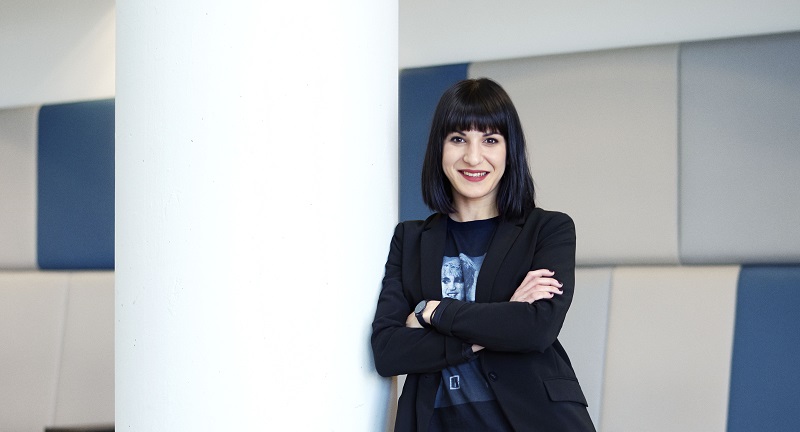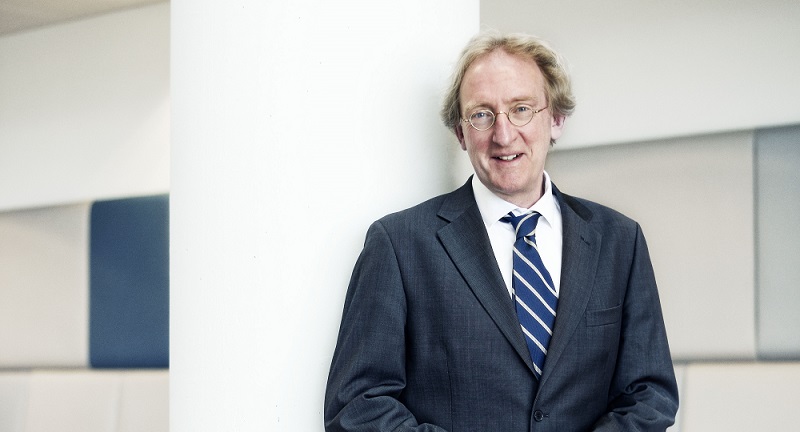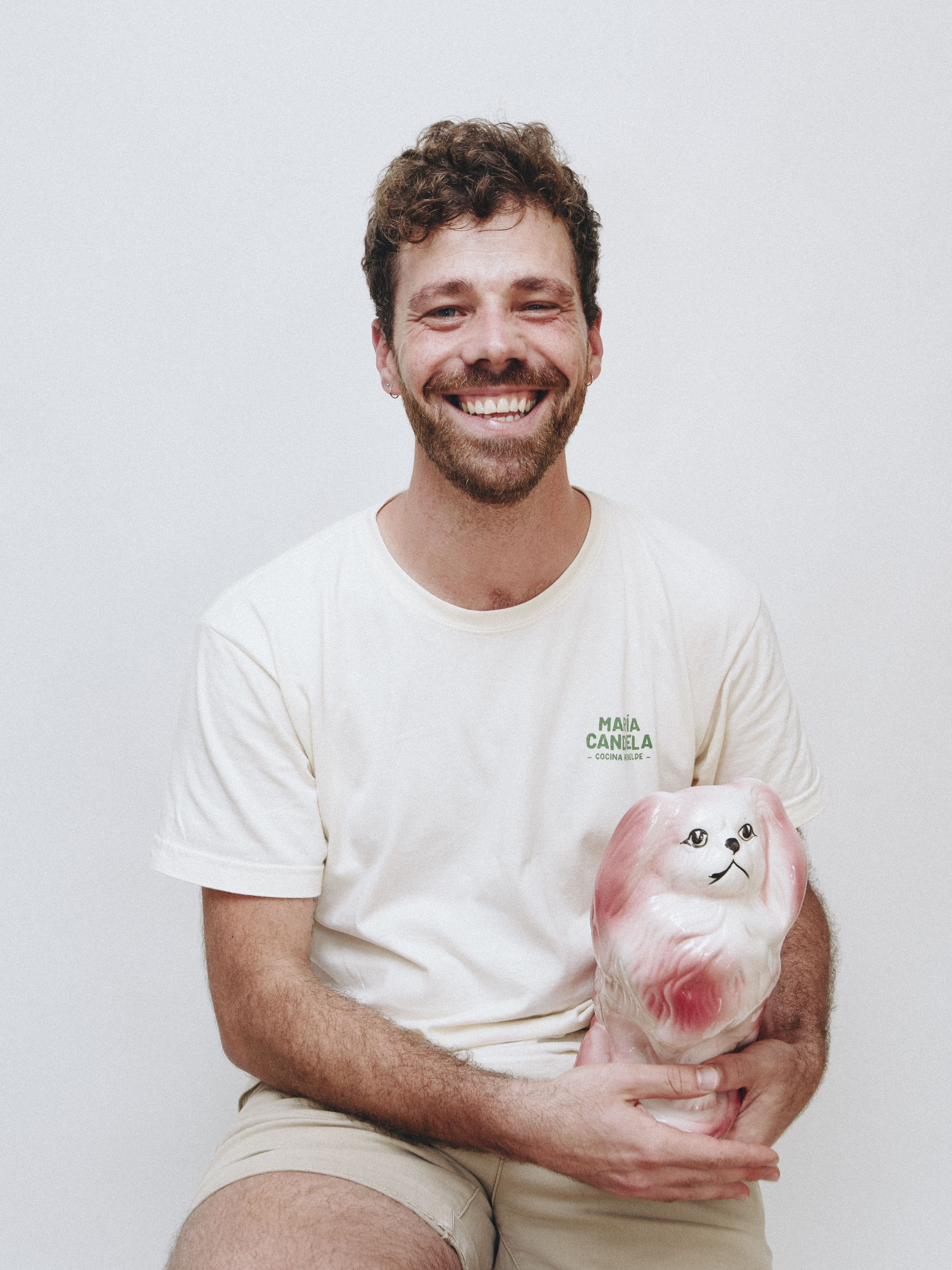Exposing fakers
Irena Boskovic wrote her dissertation under the supervision of Professor Harald Merckelbach on “malingerers”, people who deliberately fake medical symptoms to gain some form of benefit. Here, the professor and his former PhD candidate look back on a successful collaboration. Merckelbach: “Irena is very productive, accomplished and an excellent writer.” Boskovic: “What I respect about Harald is that he’ll never play the I’m-the-professor card.”

Faking a post-traumatic stress disorder (PTSD) – who would do something so ridiculous? This was Boskovic’s initial reaction to the call for a research proposal on this subject. At the time, she was working with people with PTSD in a war trauma centre in Serbia. “The idea that you can’t trust clients – I wasn’t trained that way.” In clinical psychology, the deliberate fabrication of physical and psychological symptoms for a specific purpose (compensation, benefits, a reduced prison sentence) is referred to as malingering. “It sounded like a fascinating topic.”
Malingering is a far from trivial phenomenon. In may be behind some 40% to 50% of PTSD cases, and it is prevalent in whiplash and burnout as well. This is partly because these disorders are themselves hard to pin down. Another reason is the taboo surrounding malingering among clinicians and psychiatrists: exposing patients as fakers goes against professional ethics. “The worst mistake they can make is to call a real patient a faker”, Merckelbach explains. “And if they do so based purely on their clinical intuition, they’re often wrong.”
Fake symptoms
Malingering has major financial, social and legal consequences. But if not through clinical intuition, how are practitioners supposed to distinguish between con artists and real patients? In her dissertation A multi-method approach to the detection of fabricated symptoms Boskovic investigates new methods for detecting malingering. Some of her findings are surprising. For example, fakers betray themselves by giving suspiciously long and unverifiable descriptions of their complaints. They also exaggerate symptoms and come up with unlikely symptoms. “If you give malingerers a list of symptoms including fake ones, like ‘I have such a bad headache that my feet hurt’, they’re more likely than real patients to tick that box.”
According to Merckelbach, some of the conclusions directly contradict the DSM, the “bible” for psychological disorders. “The DSM says malingerers don’t like to talk about their disorder, whereas real patients do. But it’s the other way around. Malingerers go out of their way to provide detailed information.” Another guideline from the handbook is that real patients, unlike fakers, stick to their story. But this, too, is unfounded. Boskovic: “Pain normally fluctuates in its intensity, but malingerers tend to report constantly having the same, extremely intense pain. They benefit from the myth that even clinicians and psychiatrists believe: consistency means honesty.”
Festive ceremony
The research on malingering was part of The House of Legal Psychology, a partnership between Maastricht University, Gothenburg University and the University of Portsmouth that has since come to an end. “A big plus was that I was able to get to know the big names in the research field that you quote in your work.” The challenge for Boskovic was mainly logistical: organising visas as a non-EU citizen, constantly packing her bags, barely having the time to unpack them.
Merckelbach: “The programme was a great initiative by the EU. It gave PhD students the chance to see how legal and other systems differ from one country to the next.” For Boskovic, it meant she had to defend two dissertations. “Portsmouth was quite an experience. The examiners just keep on asking questions until they’re 100% satisfied. You leave the room sweaty and tired. Maastricht is more of a festive ceremony, where you get the sense that you’ve actually achieved something.”

Irena Boskovic obtained her bachelor’s degree in Psychology and master’s in Clinical Psychology from the University of Novi Sad in Serbia. Alongside her studies, she trained as a psychotherapist and volunteered as a psychological counsellor in a war trauma centre. She recently defended her PhD on her research into malingering: A multi-method approach to the detection of fabricated symptoms at Maastricht University and the University of Portsmouth.
Deep unfairness
Both are extremely satisfied with their collaboration. Merckelbach: “Irena is very productive, accomplished and an excellent writer. She’s also very honest in her criticism.” Boskovic: “My dissertation and research wouldn’t have been as good without Harald as a supervisor. From the very start he gave me the freedom to be who I am and to write how I write. He never plays the I’m-the-professor card. It wouldn’t have the intended effect on me anyway: I’m not someone who accepts authority for no reason. I was able to accept Harald because he’s a great authority in this field, and yet very unassuming. I appreciate that.”
There is only one thing they would change if they could. “Irena’s dissertation is excellent and consists of several studies, all of which have been published in good journals”, Merckelbach says. “Only, we were naive about the opportunities for further research. Irena is a brilliant candidate for an EU grant, but she’s ineligible because she’s Serbian. That’s the deep unfairness of the situation. First ask researchers from outside the EU to participate, they do brilliant and dedicated research, and then there are no opportunities for further research. Unfortunately, we discovered that too late.”
Dull slides
Fortunately, Irena was offered a teaching job and they are now colleagues. What do they learn from each other? “I now supervise master’s students, having learnt first-hand from Harald what a supervisor should be like”, Boskovic says. “He never wanted me to focus solely on research. There was always time to discuss anything and everything. He encouraged that fearless feeling that you can do more than you often think.”
Merckelbach, in turn, learns a lot from Boskovic. “He asks me, someone who’s just starting out as a teacher, what I think he can improve. I admire that.” Merckelbach: “As an old teacher you rely on routines that you no longer question. Irena thought my PowerPoint slides were dull and the lectures too serious. I’m happy to take her advice because she’s an excellent teacher herself.” Boskovic enjoys teaching. “As a researcher, you develop tunnel vision. Students challenge you with questions that are often difficult to answer. That’s very exciting.”

Harald Merckelbach is professor of Legal Psychology at Maastricht University. His research interests include the feigning of symptoms, fantasy proneness and susceptibility to pseudo-memories. He also writes a monthly column in the science supplement of the NRC Handelsblad.
Also read
-
As a toddler, Pieter du Plessis couldn’t stay away from the kitchen. He later entertained the idea of becoming a chef—until his dream faltered under the harsh light of reality. Now a PhD candidate at Maastricht University, he uses national dishes as a lens to examine South Africa’s past and identity...
-
A study conducted by the Easo led by Prof. Gijs Goossens of Maastricht UMC+ and Dr. Luca Busetto published today in Nature Medicine.
-
Maastricht University takes care of many distinctive buildings and art works that we all know. By giving them a new purpose, we preserve these icons and give them a new meaning, making them the vibrant heart of a bustling city.
Did you know that these buildings and art works also provide access to...


